The link between a specific gene and brain cell ageing may reveal valuable lessons for the treatment of Alzheimer’s disease, a Sydney scientist has found.
Yee Lian Chew, a PhD candidate at The University of Sydney, found that when levels of the TAU gene in a worm model were either too low or too high, the brain cells aged faster and the animals lived for a shorter period.
“Diseases of the aging brain are poorly understood,” says Yee Lian. “Our finding provides exciting new information on how the brain ages, and also suggests that we should target this gene in future treatments for dementia patients.”
The human TAU gene has been implicated in brain aging disorders such as Alzheimer’s disease.
Yee Lian says worms are an exceptional way to study brain ageing as their transparent nature allow her to easily examine the changes that emerge in older brain cells and to study how fast the brain ages.
“Humans are certainly more complex than worms, but at a molecular level there are many striking similarities,” she says. “The lack of complexity is also an advantage – worms have 302 brain cells whereas humans have billions. It is much simpler to study brain aging in an animal where individual cells can be easily observed.”

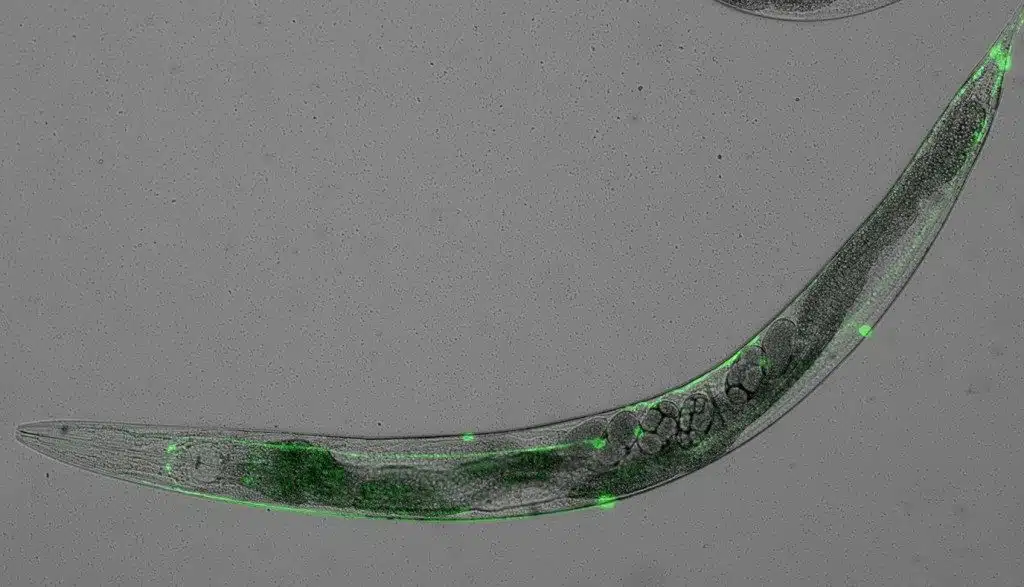
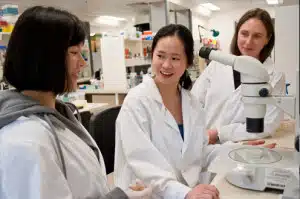
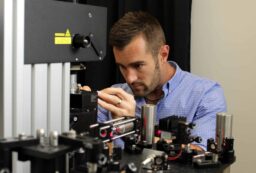
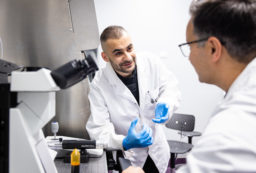
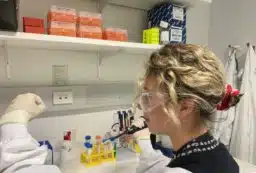
 Fresh Science is on hold for 2022. We will be back in 2023.
Fresh Science is on hold for 2022. We will be back in 2023.